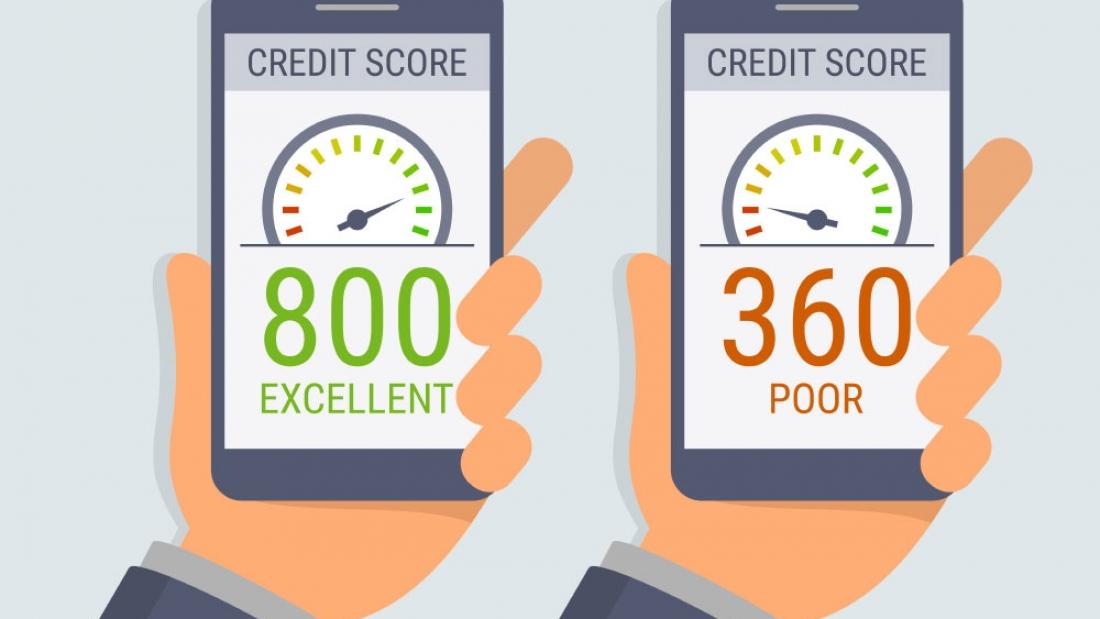Many consumers are concerned with their credit score, and rightfully so. Having a good credit score and history is a big deal for Americans, and if you are struggling with keeping up it can cost you a lot of money. Almost 30% of Americans have poor or bad credit (defined usually as a score lower than 601), as reported by an analysis of Vantage Score data. The interesting thing is that some individuals are not at all aware of what it all means, and which steps they should be taking towards building their credit, as well as what type of habits to avoid or stop doing immediately.
The credit bureau provides some reasons that are most heavily influencing your score, and when information in your credit report changes, so will your score.
Some reasons you might have a low score are:
- You are not tracking and keeping a low credit utilization ratio. The recommendation is not to let your credit utilization ratio go above 30%. If your limit is $1000, don’t put more than $300 a month on your card. If it is an issue and you have a low limit on the card while you need to make more purchases, consider applying to a second credit card. It will increase your overall available credit, keep your credit utilization low, while your expenses remain the same. If you can skimp on the spending it is of course much better, but there are times in life when it is just not possible to cut down on things. Finance expert say that credit utilization ratio has more influence on your credit score than any other factor except paying bills on time.
- You may have a high balance on one or more credit cards. Making timely payments is important, but so is the balance you carry on each card. Try to make the payments on time and in full.
- You apply for too many credit cards in a short period of time, and that causes your score to drop. Some consumers are addicted to rewards and they are always on the hunt for the best new card out there. They hear that closing down an account hurts the credit score so they prefer to just open more and more new accounts, without researching the process and its affects. Fighting temptations on this topic can really do wonders, so it’s best to keep your impulses in check. Before applying for a new credit card, take the time to think why you need it, and only move forward if you have a few really good reasons.

